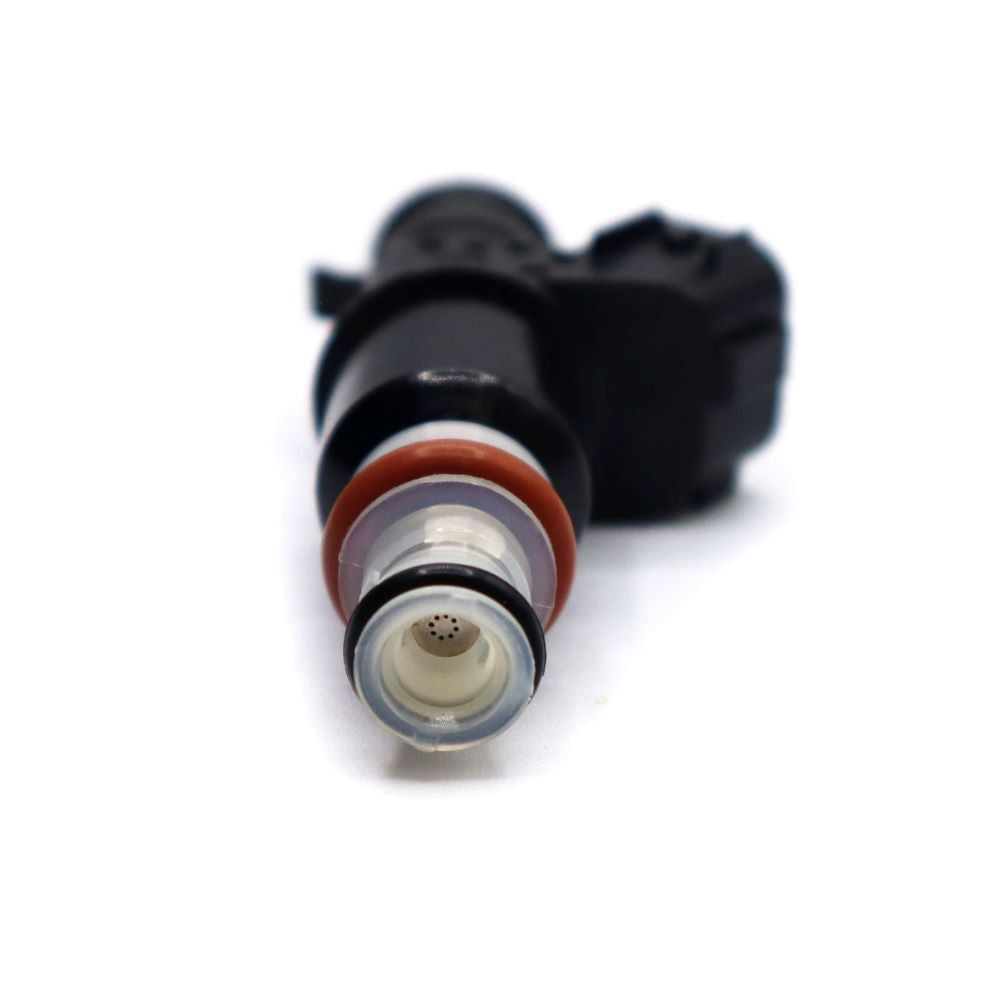
Designing a fueling system for a racing car
When it comes to designing a fueling system for a racing car, precision and efficiency are key. The fueling system plays a crucial role in ensuring that the car performs at its best on the track. In this blog post, we will explore the important factors to consider when designing a fueling system for a racing car.
What are the key components of a fueling system?
A fueling system consists of several key components that work together to deliver fuel to the engine. These components include the fuel tank, fuel pump, fuel filter, fuel injectors, and fuel lines. Each component plays a vital role in the overall performance of the system.
Why is fuel pressure important?
Fuel pressure is a critical factor in the performance of a racing car. The fuel pump is responsible for maintaining the correct fuel pressure throughout the system. Too low fuel pressure can result in poor engine performance, while too high fuel pressure can cause fuel leaks or damage to the engine. It is essential to carefully calibrate the fuel pressure to ensure optimal performance.
How can fuel flow rate be optimized?
The fuel flow rate is another crucial aspect of a fueling system. It determines how much fuel is delivered to the engine per unit of time. To optimize the fuel flow rate, it is important to consider factors such as the size of the fuel lines, the fuel pump capacity, and the fuel injector size. By carefully selecting and matching these components, the fuel flow rate can be optimized for maximum performance.
What role does fuel filtration play?
Fuel filtration is an often overlooked but essential aspect of a fueling system. Racing cars operate in demanding conditions, and the fuel can be contaminated with dirt, debris, or impurities. A high-quality fuel filter is necessary to ensure that only clean fuel reaches the engine. This helps prevent clogs, fuel injector damage, and engine performance issues.
How can weight reduction be achieved?
In racing, every ounce matters. Designing a lightweight fueling system can contribute to overall weight reduction, which can improve the car's performance. Using lightweight materials for the fuel tank, fuel lines, and other components can help achieve this goal without compromising safety or durability.
Conclusion
Designing a fueling system for a racing car requires careful consideration of various factors such as fuel pressure, flow rate, filtration, and weight reduction. By optimizing these aspects, the fueling system can contribute to the overall performance and success of the racing car on the track.
